What Are the Harmful Effects of Hard Water?
Reno water hardness is damaging in several ways. The minerals in hard water react with soaps and detergents to create an undesirable residue.
This residue can cause the following negative effects:
1. Soap Scum
The residue from soap and hard water minerals interacting is known as soap scum. Soap scum can build up on surfaces and fixtures such as bathroom tiles, faucets, sinks, walls, bathtubs, and glass shower doors.
Cleaning your home with common cleaning products and hard water can leave a soap-scum residue on your kitchen or bathroom surfaces. This residue prevents people from fully cleaning certain areas of their homes.
2. Damaged Pipes and Water Heaters
Mineral deposits can accumulate in pipes and your water heater, leading to costly repairs in the future. As these deposits build up, they often reduce water pressure and create clogs. Mineral deposits can also build up in your water heater, causing it to eventually fail and need a replacement.
3. Stains
Hard water leaves limescale buildup on everything the water touches and stains on glassware and appliances.
Removing the stains is possible, but they will continue returning as long as a home uses hard water. Softening your water is the only way to prevent this buildup.
4. Grimy Laundry
Hard water hinders a washing machine’s ability to clean clothing adequately. Because hard water minerals adversely interact with soaps and detergents, they prevent laundry detergents from mixing with water properly.
This occurrence reduces laundry detergent’s cleaning abilities and leaves mineral and detergent residues on fabric materials, making them feel stiff and scratchy. Hard water can also fade bright fabric colors, and fray fabrics so your clothes don’t last as long.
5. Spots on Dishes
Hard water affects dishes like it does laundry — it leaves mineral deposits behind, causing spots and streaks to appear on glasses and dishware even after you or your dishwashing machine cleans them.
Long-term exposure to hard water can even cause permanent cloudiness on glassware. This cloudiness occurs because abrasive hard water minerals gradually scratch glass and plastic surfaces.
6. Ineffective Cleaning
Hard water hinders cleaning products’ abilities to work effectively, forcing homeowners to use more soaps and detergents that are more aggressive to achieve their desired results. When your home has hard water, you most likely need to use much more detergent than necessary to clean surfaces, clothes, and dishes. Using more detergent to clean forces you to purchase more cleaning products, increasing your costs over time.
7. Dry Skin and Damaged Hair
Showering in hard water or wearing clothes washed in hard water can irritate the skin, especially for people with sensitive skin.
Hard water leaves mineral deposits and soap-scum residue on hair and skin. This residue can pull moisture from the skin, which leaves it feeling dry and itchy. It can also clog pores and cause acne. People with skin conditions such as dermatitis or eczema may experience more flare-ups if their home has hard water.
Hard water can also damage hair. Mineral buildup can leave hair looking and feeling dull and weighed down. Minerals also strip moisture from the scalp and hair strands, causing hair to become frizzy and dry. If excessive minerals build up on an individual’s scalp, they may experience hair loss due to the minerals breaking hair off at the base.
How to Tell if Your Home Has Hard Water
A few simple observations can help you determine if your home has hard water. You can learn a lot about your home’s water supply by examining your home’s surfaces, your cleaning product spending habits, and your hair health.
1. Do a Water Test
A water test can be performed at no charge in your home or at our office. It only takes a few minutes and there is no cost or obligation.
You can schedule a professional water test for the most accurate results. Scheduling professional water testing also allows you to learn more about additional contaminants that may be present in your water, such as arsenic or chlorine.
2. Look for Surface Residue
One of the most noticeable signs of hard water is soap scum on your home’s surfaces. Look at your shower doors or the aerators of your faucets. If you notice any residue, you most likely have hard water. You can also check your dishes for spots and streaks.
3. Review Cleaning Product Expenses
Another sign of hard water is spending excessive amounts of money on cleaning products. If you are using significant amounts of laundry detergent, dishwashing liquid, soap, and cleaners, these costs can add up quickly.
You should only need to use the amount listed on each product’s packaging, and needing to use more than that amount for desired results can indicate you have hard water. Many dishwashers have an indicator for the amount of soap to be used with hard water vs. soft water. If your dishes don’t come out sparkling with the soft water soap amount, you likely have hard water.
4. Note Unmanageable Hair
Wondering why you have so many bad hair days? While different factors can affect hair health, hard water may be to blame for unmanageable hair. Notice how your hair looks and feels when you shower away from home. If you take a vacation or business trip and notice your hair is softer, healthier, and easier to manage after showering at a hotel or gym, you can assume the building has softer water than your home.
Benefits of Softening Your Water
If you discover your home has hard water, it’s essential to invest in a water softener as soon as possible. Softening your water can improve its quality and positively affect your home.
With soft water, you can enjoy the following benefits:
1. A Cleaner Home
Softening your water can help you achieve the results you expect when cleaning your home and save you time.
Filtering the mineral deposits out of your hard water makes it easier to clean surfaces, and soft water will leave each surface and fixture shining bright. Soft water also prevents spots and streaks from forming on glasses and dishware, leaving your dishes sparkling clean after each wash.
Soft water is also much more effective for doing laundry. With soft water, your clothes come out of the washer feeling fresh, soft, and clean rather than stiff and scratchy.
2. Cost Savings
You can significantly reduce your spending by softening your home’s water. Soft water mixes better with cleaning agents than hard water does, so it works with soaps and detergents to clean more effectively than hard water.
With softer water, you can wash your bathroom, kitchen, clothes, dishes, hair, and skin using less soap and detergent, allowing you to conserve these resources and spend less on purchasing them.
You can also avoid extra expense on your power bill every month by keeping your water heater free of inefficient limescale buildup.
3. Damage Prevention
Another advantage of softening your home’s water is damage prevention. Softening your water is the only way to prevent mineral deposits from damaging your pipes and water appliances.
Preventing this damage also helps you save money on potential pipe repairs and replacements over time, and it can extend your water appliances’ life spans.
4. Softer, Healthier Hair and Skin
Soft water is much gentler on your hair and skin. When you soften your home’s water, you can enjoy the benefit of softer, healthier hair that’s not weighed down by hard water residue. Showering in treated water can also protect your hair’s color if you dye it, helping the color last longer. If you soften your water, you may find that your hair is easier to manage and less frizzy.
Further, softening your water can make your skin look and feel healthier. If hard water makes your skin dry and flaky, showering or bathing in soft water can help your skin retain its moisture. Softening your home’s water may help you clear up acne or skin condition flare-ups, and it may make your skin feel softer.
How to Soften Your Home’s Water
Water softening systems reduce water hardness by removing magnesium and calcium from the water.
You can improve your water quality with any of the following water softeners:
- Pure Water Softener: The Evolve Series Pure Water Softener combines two different types of media in one tank to soften water and remove impurities such as chlorine, manganese, and iron.
- Reionator Pro: The Reionator Pro is efficient and easy to use with an electronic metered control valve and a user-friendly interface. It also contains a high-pressure composite tank that resists high water pressure and corrosion, making it a durable, long-lasting solution.
- Reionator Pro Ultra: The Reionator Pro Ultra offers the same durability and softening capabilities as the Reionator Pro, but it also removes additional contaminants such as chloramines, volatile compounds, emerging contaminants, and pharmaceuticals.
- Wolf Package Conditioner: The Wolf Package Conditioner is Pure Water Systems’ most advanced system available. This system is self-sanitizing and contains a Wi-Fi smart valve for around-the-clock monitoring.
- Puronics Defender: Pure Water Systems offers the Puronics Defender to soften water and remove harmful impurities. With a multi-layered tank and a digital control valve, this water softener model operates efficiently to maintain high-quality water.
Soften Your Home’s Water With Pure Water Systems of NV
If your home has hard water, a water softener can significantly improve your water quality. Investing in a high-quality water-softening system can help you clean your home faster, protect your shower doors and fixtures, and maintain healthy skin and hair.
Reno’s water supply comes from sources with high mineral content, causing the water to carry magnesium and calcium into residents’ showers, sinks, toilets, and water appliances. The only way to eliminate the negative effects of hard water is to install an efficient water softener in the home.
Pure Water Systems offers quality softener and conditioner solutions to help homeowners remove minerals and contaminants from their water. Removing magnesium, calcium, and impurities is essential to providing your home with healthy, contaminant-free water. Request a free quote to learn more and find the right water softener for your home.

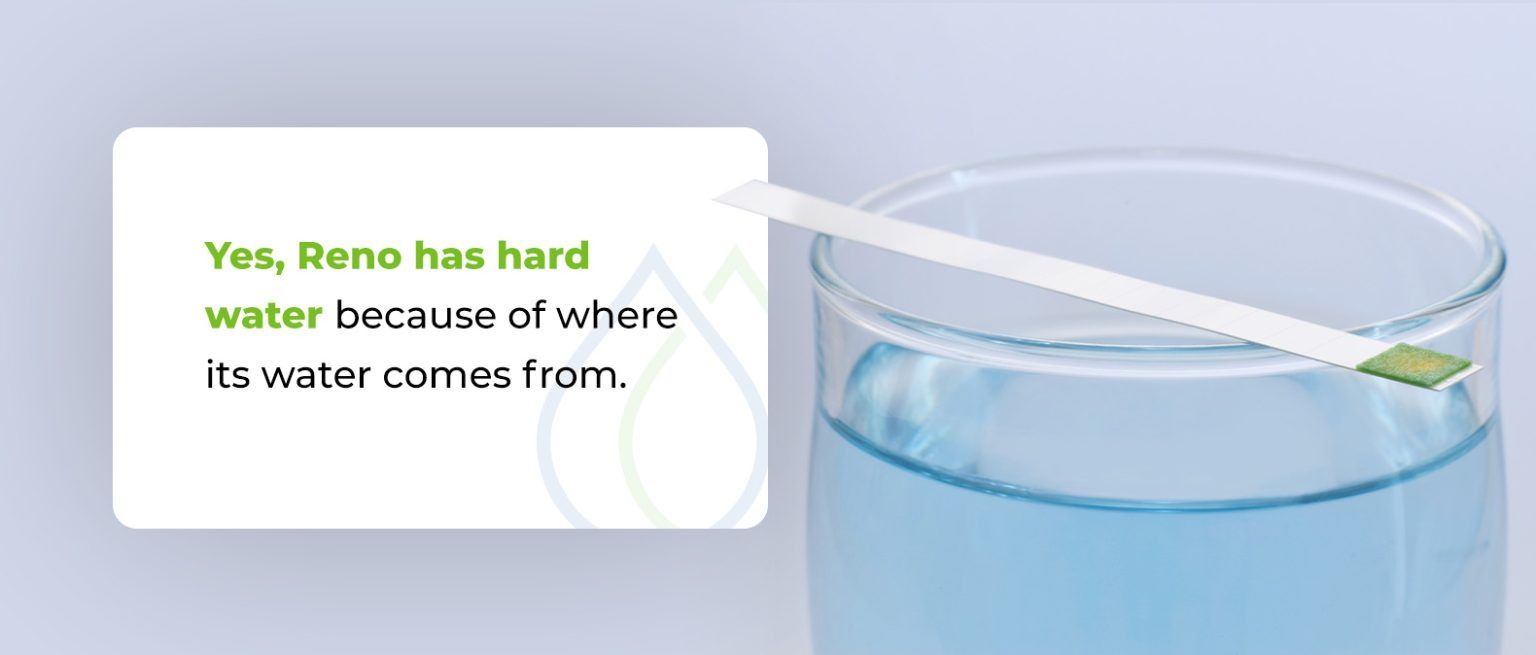
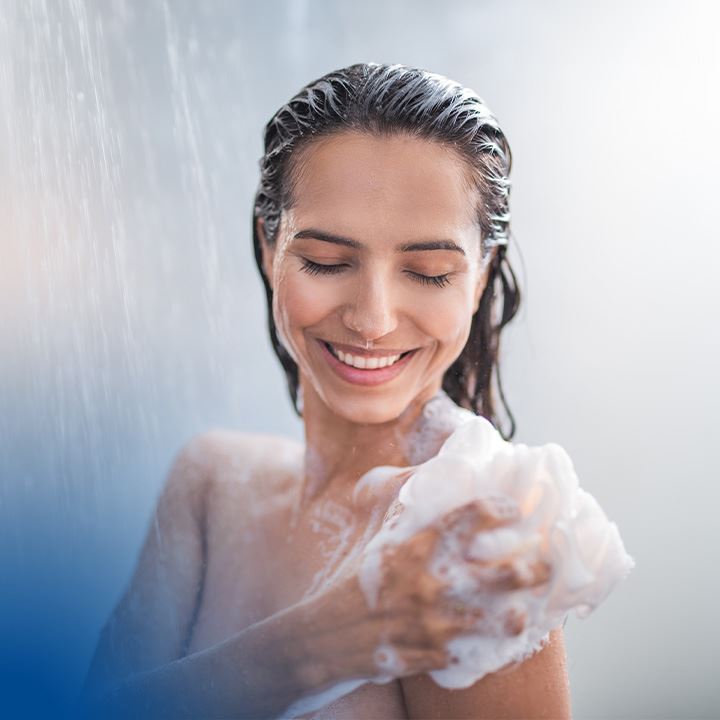
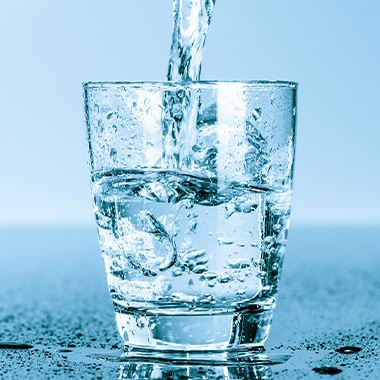
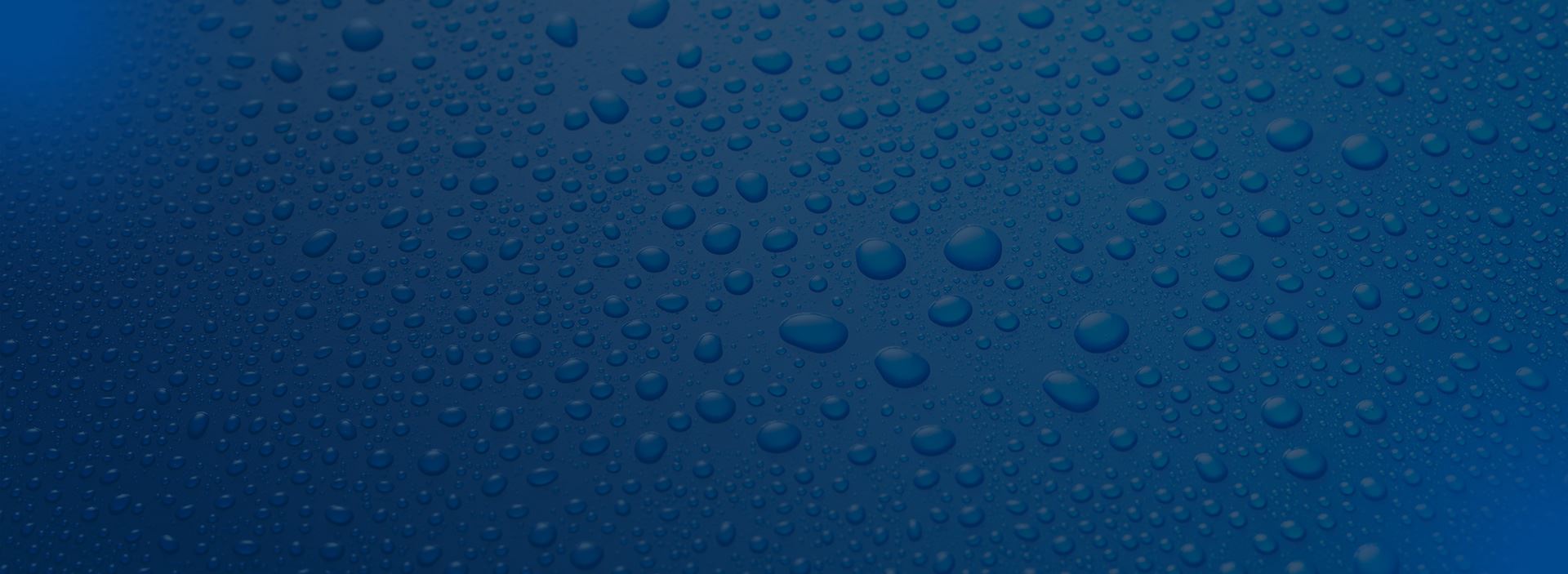
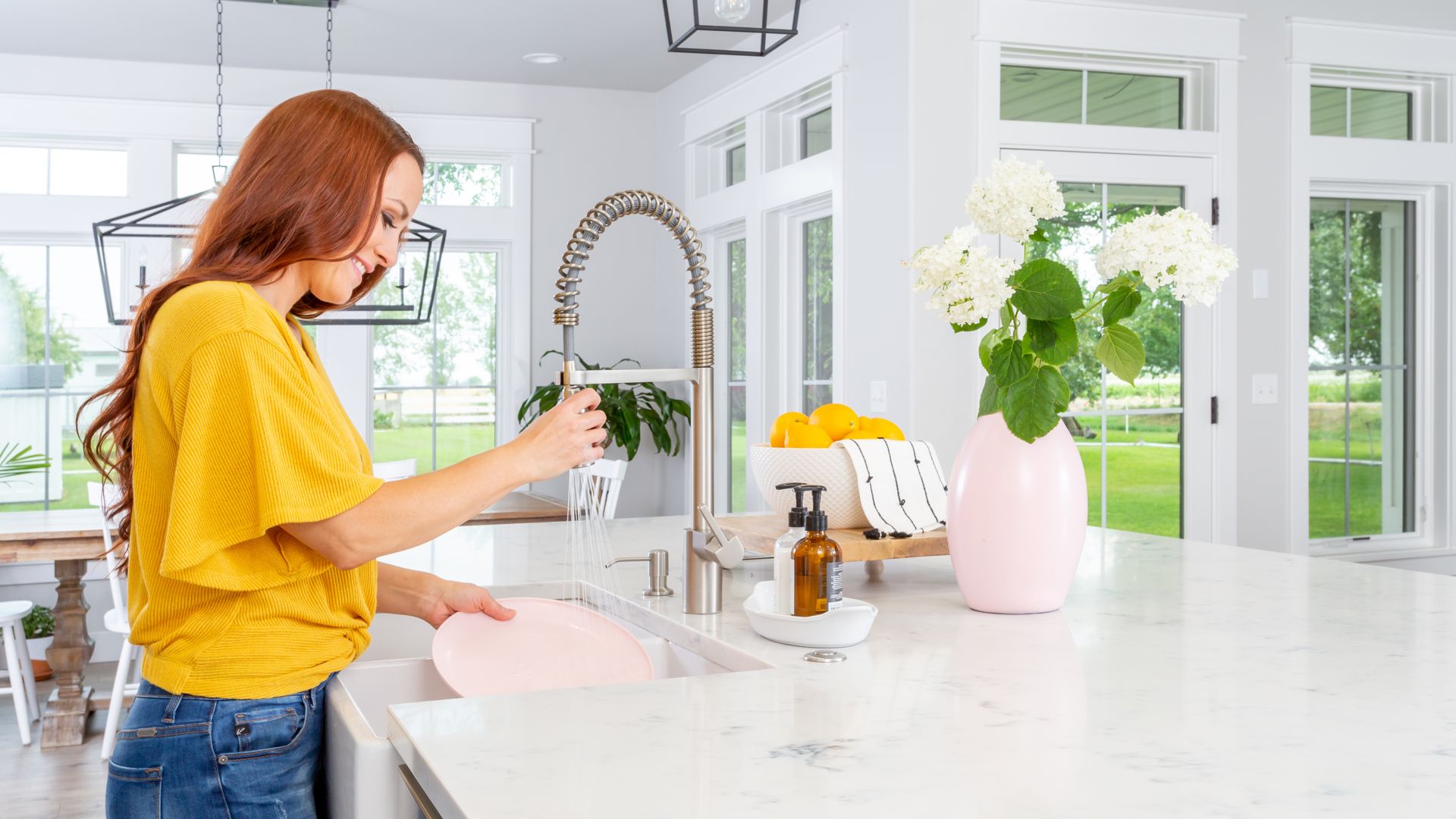





.2509041102420.jpg)
.2506031044572.jpg)
.2506031038071.jpg)